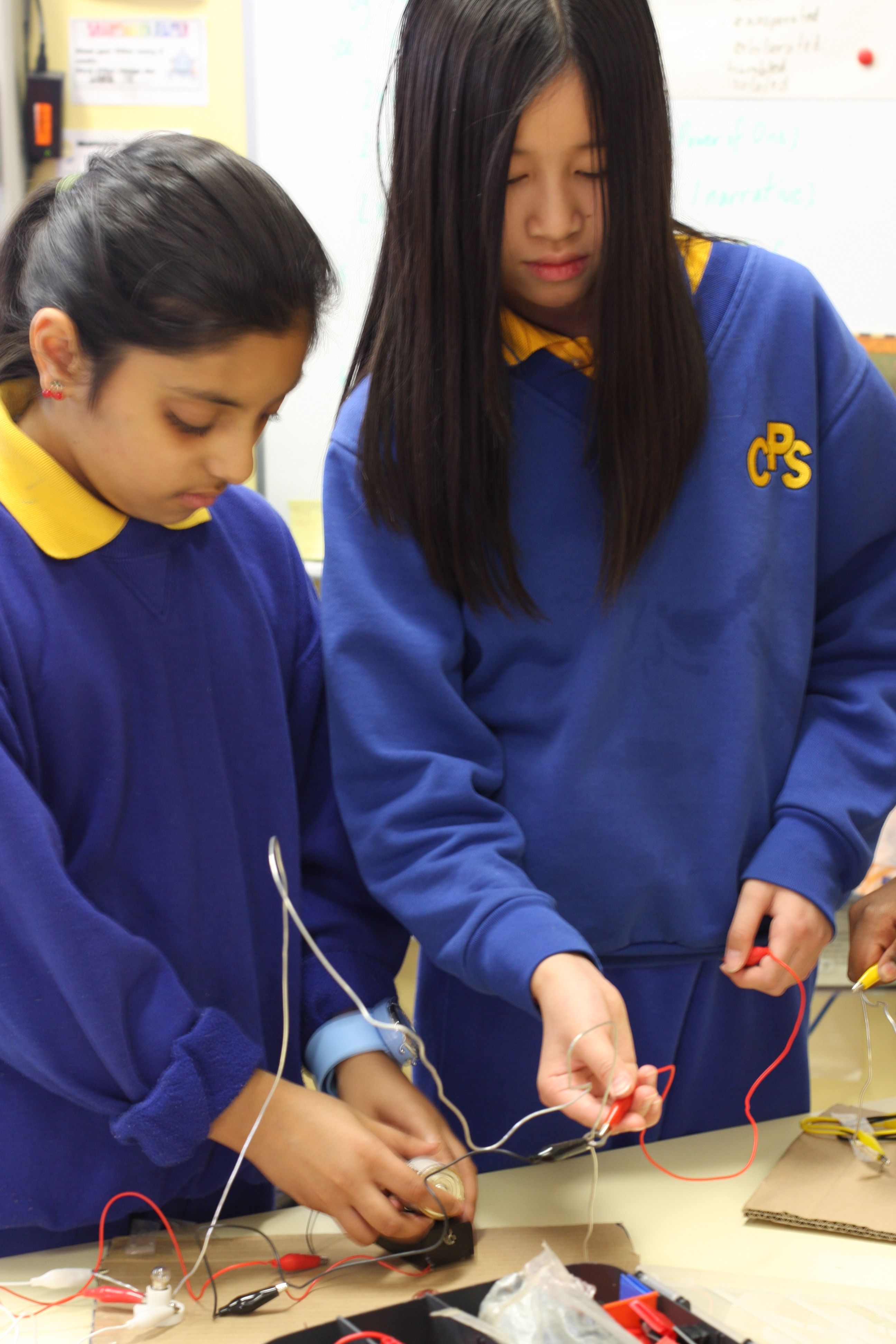The Opportunity Class is a learning environment for academically gifted children to come together, to be challenged, to be extended, to explore interests and to create, in an environment of "like" minds.
The students have a range of abilities and more relevant curricula can be employed with greater opportunities for extension and enrichment. Your child will be encouraged to think and accept challenges and will be less likely to become bored with repetitive routine.
Talented students in regular classes may play down their intellectual ability whereas in an Opportunity Class they will be encouraged to be individuals who think creatively and can express different ideas.
At Casula PS, there is one composite class of Year 5 and 6 OC children. This is an amazing class of bright, inquisitive minds. The class covers the same basic curriculum as mainstream classes but goes beyond this to explore new areas and open new horizons.
At Casula P.S. an emphasis is placed on integration with mainstream classes, for sport, choir, excursions, dance, camps and in the playground. We want your child to participate in a range of experiences and be actively involved in the life of the school while at Casula.

Parents are welcome to interact with the class and become involved with the school. Many of the activities will be different from those experienced in the past. We encourage your support and involvement and are happy to discuss issues with you directly.
DIFFERENTIATING THE CURRICULUM
Students in OC do more than the core curriculum - although they do that as well. In order to enrich their learning, the curriculum content needs to be both broad and deep.
At the end of their time in OC, students have learnt to be creative and critical thinkers who are also able to work in a team. While it is an asset to be bright, the best outcomes of the OC program are to be able to work co-operatively, be able to communicate your ideas and to be a deep and critical thinker.
Differentiation ranges from slight to major modifications providing planned, documented and challenging curriculum that matches the ability of the gifted student to learn at a faster rate, find, solve and act on problems more readily, as well as the ability to manipulate and connect abstract ideas.
The curriculum offered in our Opportunity Class will differ primarily from the standard curriculum in line with the following principles:
- The CONTENT will often be related to current issues, broad themes or relevant problems. There will also be greater exploration of students' interests and more discussions of issues, eg ethical questions arising from scientific advancement and environmental management.
- CURRICULUM COMPACTING will be utilised with Key Learning Area units of study modified in order to avoid unnecessary repetition. The class is able to study topics in greater depth allowing for the use of more abstract and complex material. Time will be available for enrichment and acceleration activities beyond the curriculum while ensuring the development of basic skills.
- The PROCESS (ie the way the teacher enables the students to learn) will be largely through inquiry and discovery and development of research methods. Students will be encouraged at all times to become functional learners with good time management and independent study skills. There will be an emphasis placed on the development of higher level thinking skills.
- The PRODUCTS are the outcomes of the differentiated curricula. Students will be encouraged to develop innovative products that will challenge existing ideas and produce new thinking. Work will be integrated across the Key Learning Areas and students will be required to present comprehensive studies of a high standard. The development of high level oral, written and listening skills will be encouraged so that students will become confident in expressing ideas through class discussions, debates, oral reports and writing in an appropriate genre (including formal essays).
- A central goal will be the development of the WHOLE CHILD with SELF UNDERSTANDING and a healthy self concept.
